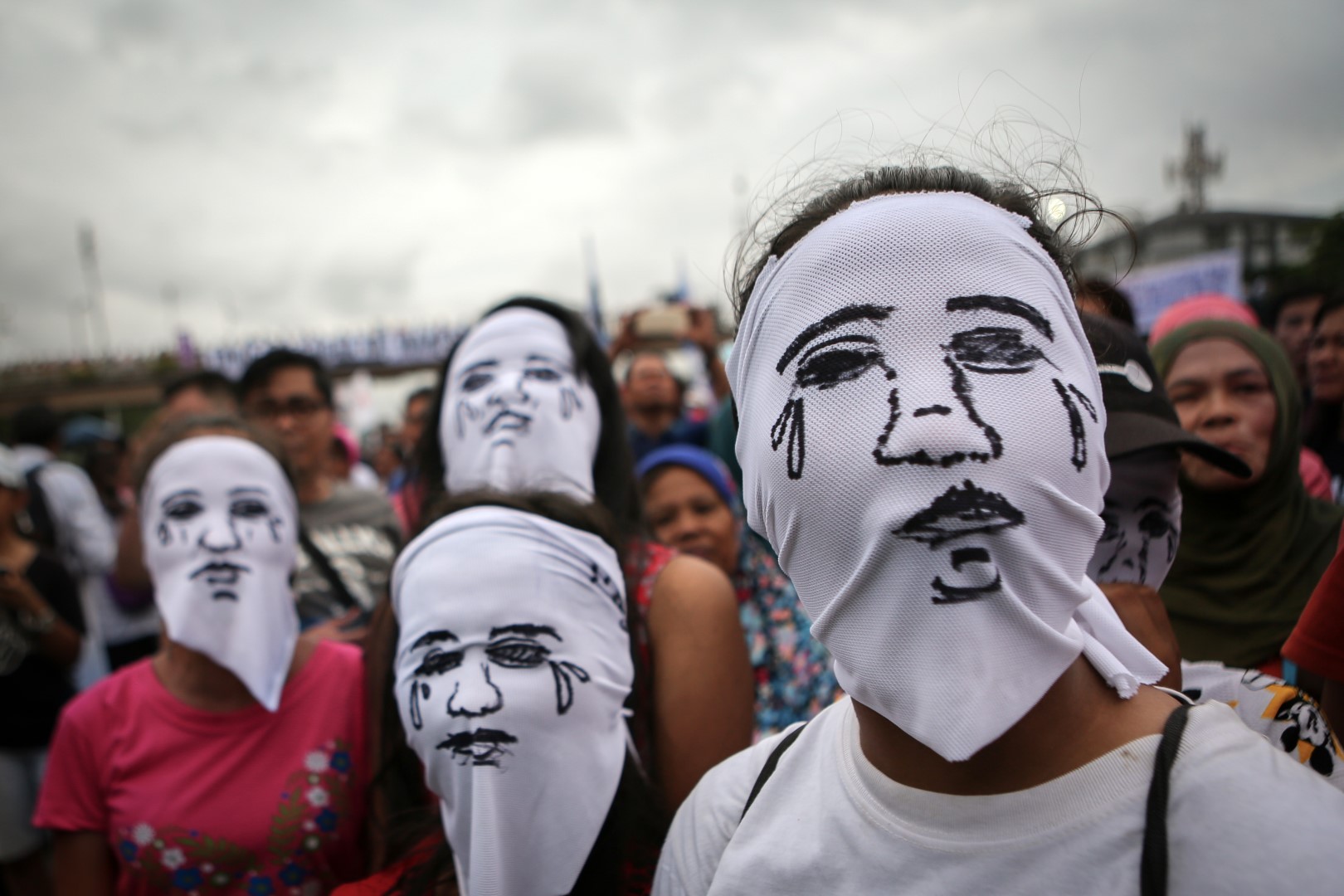After the massacre known as the “Bloody Sunday” there has been increasing pressure on the Supreme Court (SC) and the Department of Justice (DOJ) in regards to the issuing and handling of search warrants. Human rights advocates are asking for clear rules when it comes to issuing warrants. They are demanding a four eyes principle.
The National Union of People’s Lawyers (NUPL) is alarmed by the fact that judges can process several requests and issue several warrants at the same time. In the case of the “Bloody Sunday” 63 applications for warrants have been heard by four judges, 42 of which have been issued.
Often search warrants even have errors like incorrect addresses. Many believe that these warrants are equally responsible for the deaths of the Bloody Sunday as the police interventions themselves. Former judge of the SC, Antonio Carpio, emphasized the necessity to protect the rights of the people stated in the Constitution and to closer examine the weaponizing of search warrants.
The SC however distances itself from these accusations: “The issuance of the search warrants by the judges and their service or implementation by the law enforcers are two different acts.” said Court Administrator Midas Marquez.
President Duterte remains unimpressed by the concerns. In a speech at an event of his anti-communist task force on 18th March 2021 he said publicly that he would happily go to jail for the murder of a human rights activists. He also repeated his order to the military to kill communist rebels when they are holding a weapon.

